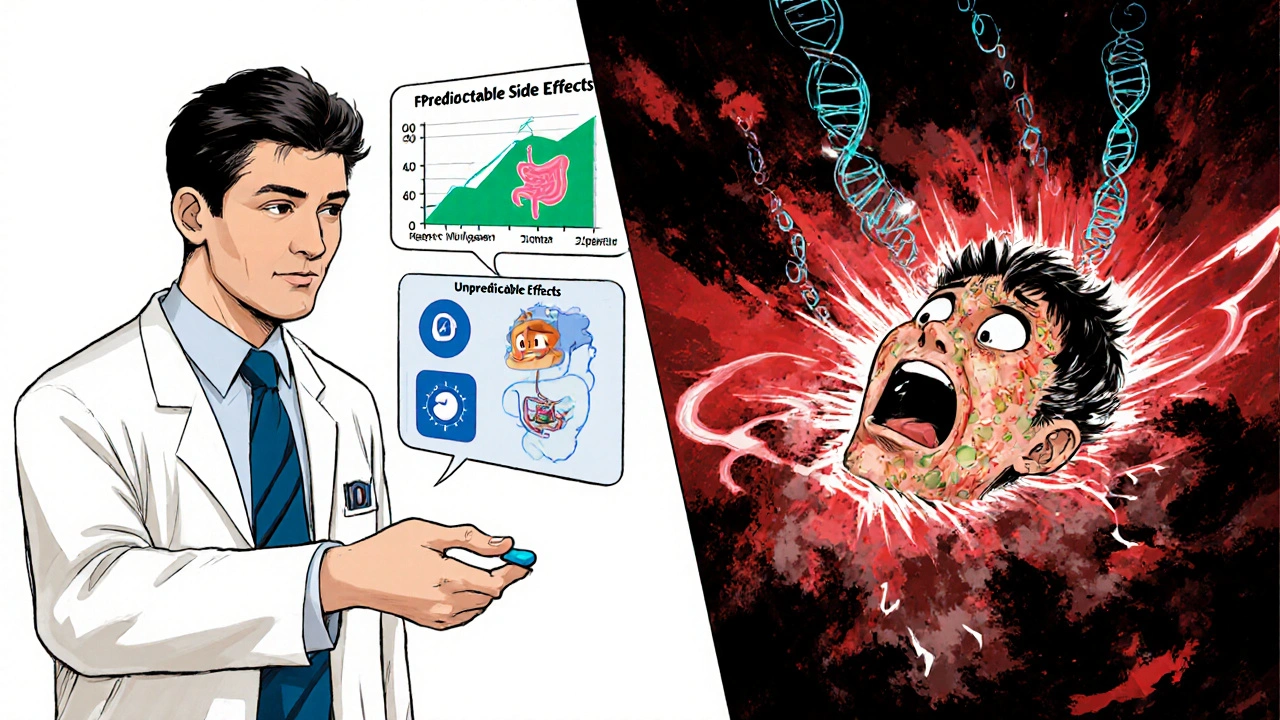Predictable Side Effects: What You Can Expect From Common Medications
When you take a medication, you’re not just getting the benefit you want—you’re also signing up for predictable side effects, known, documented reactions that occur in a consistent pattern across users. These aren’t rare surprises. They’re the expected trade-offs built into how drugs work in your body. Think of them like the flip side of a coin: one side heals, the other causes discomfort. Some are mild—dry mouth, drowsiness, upset stomach. Others are more serious but still predictable, like anticholinergic, a class of drug effects that block acetylcholine and can lead to confusion, constipation, or blurred vision from older antihistamines. These aren’t random. They’re written into the drug’s profile for a reason.
Doctors don’t guess what might happen. They rely on years of data to know what to expect. For example, drug interactions, when two or more medications interfere with each other’s effects or increase risks like combining opioids and benzodiazepines, are well-documented and dangerous. That’s why you get warnings on labels. Even something as simple as taking NSAIDs for pain can raise your blood pressure silently—another predictable side effect backed by clinical studies. The same goes for MAOIs, where eating aged cheese isn’t a myth—it’s a real risk tied to how the drug blocks enzymes. These aren’t edge cases. They’re patterns seen in thousands of patients.
What makes side effects "predictable" is repetition. If 1 in 5 people get dizziness from a drug, that’s not bad luck—it’s the drug’s signature. You don’t need to wait for something to go wrong to act. Knowing what’s likely lets you prepare: take sedating meds at night, avoid alcohol with certain antidepressants, or carry a medical alert card if you’re on blood thinners. The posts below dive into exactly these scenarios: how Benadryl links to dementia risk, why warfarin behaves unpredictably in liver disease, or how cold urticaria isn’t an allergy but a physical reaction to temperature. You’ll find real-world examples of what to watch for, how to reduce risk, and when to talk to your doctor. No fluff. Just what you need to stay safe and in control.

Predictable vs Unpredictable Side Effects: Understanding Drug Safety
Learn how predictable and unpredictable drug side effects differ, why one is common and manageable while the other is rare but deadly, and what you can do to stay safe on medication.